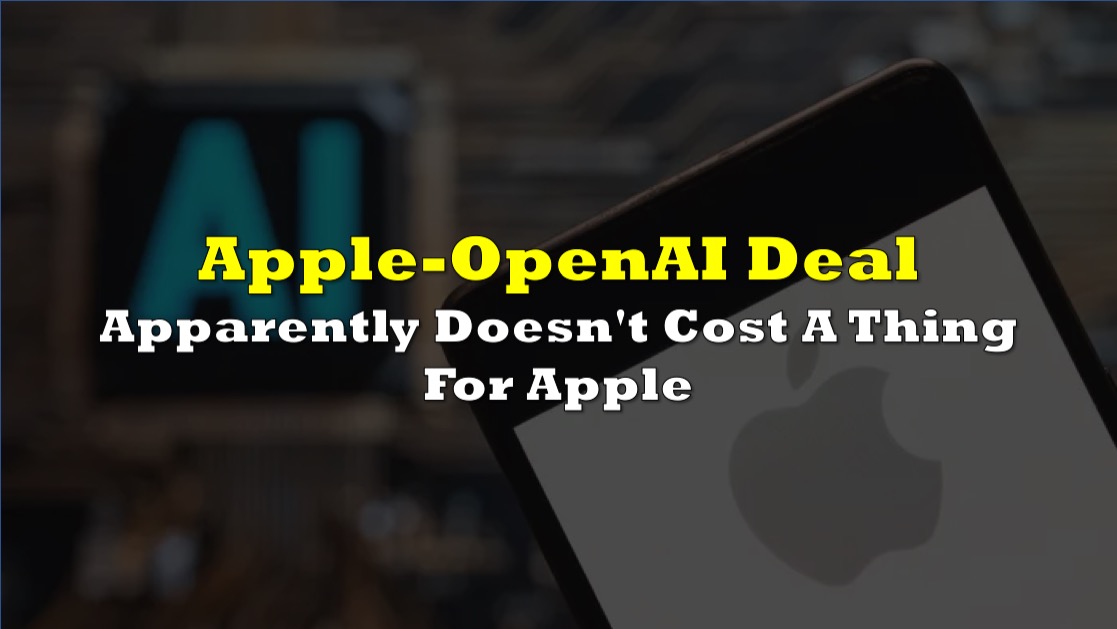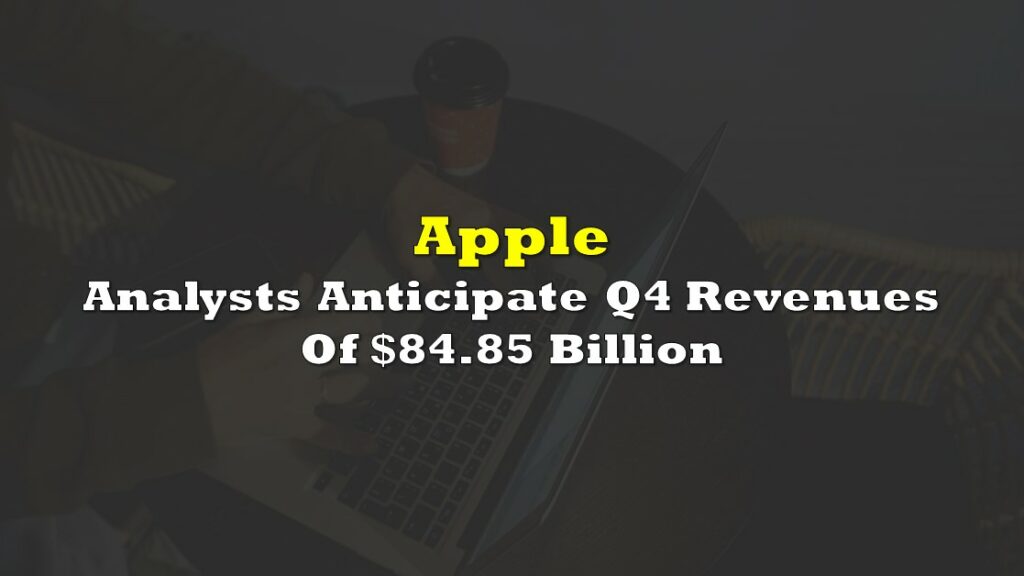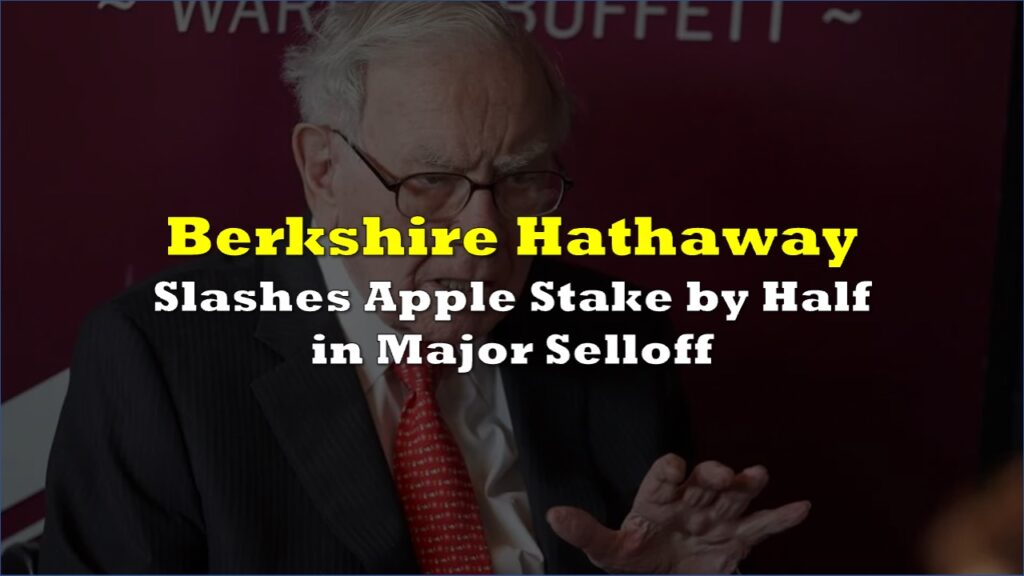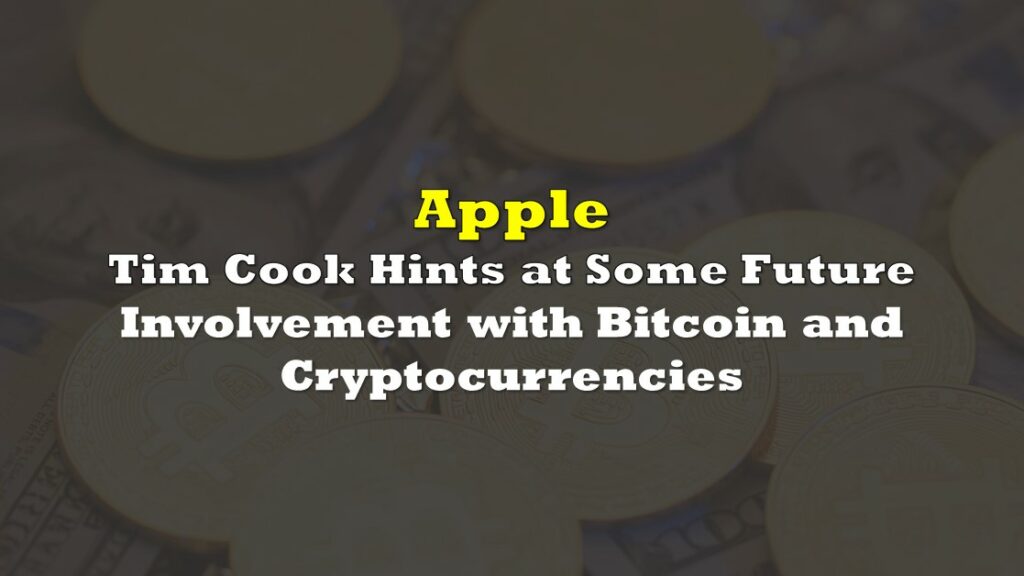In a move that has captured the tech industry’s attention, Apple (NASDAQ: AAPL) and OpenAI have announced a landmark partnership to integrate OpenAI’s ChatGPT into Apple’s ecosystem, including iPhone, iPad, and Mac devices. The deal, which was unveiled during Apple’s Worldwide Developers Conference (WWDC), is notable for its unconventional financial structure: Apple is not paying OpenAI cash.
Instead of a traditional monetary transaction, the partnership is based on mutual benefits and potential future revenue sharing. As reported by Bloomberg’s Mark Gurman, “Apple and OpenAI aren’t paying each other and instead there’s money to be made later on revenue-sharing deals.”
Oh my god, the Apple/OpenAI deal is so weak. Apple paid them nothing, and as @markgurman reports, it could end up costing OpenAI a ton of money if people actually use it at scale. Apple even takes a cut if people subscribe to ChatGPT Plus. Amazing stuff! Great company! https://t.co/qHoWoYQKc1 pic.twitter.com/wA50kv5dlz
— Ed Zitron (@edzitron) June 13, 2024
Apple will integrate ChatGPT into its digital assistant Siri and other writing tools, providing users with advanced AI capabilities. This move is part of Apple’s broader push into artificial intelligence, enhancing user experience and potentially increasing the time users spend on Apple devices.
For Apple, this deal provides access to cutting-edge AI technology without an upfront cost. This integration is expected to make Apple’s devices more appealing, encouraging users to upgrade and spend more time on their Apple products. As Ed Zitron commented on X, “Apple paid them nothing, and it could end up costing OpenAI a ton of money if people actually use it at scale.”
For OpenAI, the partnership offers significant exposure, with ChatGPT becoming available to millions of Apple users. However, the financial risks for OpenAI are substantial. Hosting ChatGPT on Microsoft’s Azure cloud-computing systems incurs costs that will rise with increased usage. This means that while OpenAI gains exposure, it also faces potentially escalating expenses.
The partnership includes a revenue-sharing model where both companies can profit from converting free users to paid subscribers of ChatGPT Plus, which starts at $20 per month. If users subscribe to ChatGPT Plus through Apple’s platform, Apple receives a portion of the revenue.
Apple’s deal with OpenAI is not exclusive. The company is already in discussions with other AI partners, including Google for its Gemini chatbot and Anthropic, aiming to offer a variety of AI services to its users. This approach mirrors Apple’s strategy with its Safari browser, which provides multiple search engine options.
Long-term, Apple plans to monetize AI by forming revenue-sharing agreements with AI partners that profit from chatbot interactions on Apple devices. This strategy could help offset potential losses from its current Google search deal, as users might prefer AI tools over traditional search engines.
A significant challenge for Apple’s AI ambitions is expanding these services globally, particularly in regions where AI tools like ChatGPT are restricted. In China, for instance, ChatGPT is banned, and Apple has yet to secure partnerships with local providers. Apple Intelligence currently supports only American English, but the company aims to expand to more languages next year.
The tech community has reacted with a mix of skepticism and optimism. While some view the non-cash agreement as a strategic alliance that could redefine the AI landscape, others, like Zitron, question the financial sustainability for OpenAI. Zitron highlighted the potential risks, likening the deal to “being a freelancer who has to do the work for free on the off chance one of the people decides to pay them in the future for something that they can get for free anyway.”
We can now use:
— Filip Piekniewski🌻 🐘:@filippie509@techhub.social (@filippie509) June 11, 2024
– MS copilot for free.
– Latest GPT (with limits) but for free.
– GPT via Apple for free.
– Apple own models for free.
– Google gemini for free.
– A trillion other models via Huggingface and others, for free.
So how exactly is anyone going to make $ on this?
Information for this briefing was found via Bloomberg and the sources mentioned. The author has no securities or affiliations related to the organizations discussed. Not a recommendation to buy or sell. Always do additional research and consult a professional before purchasing a security. The author holds no licenses.









